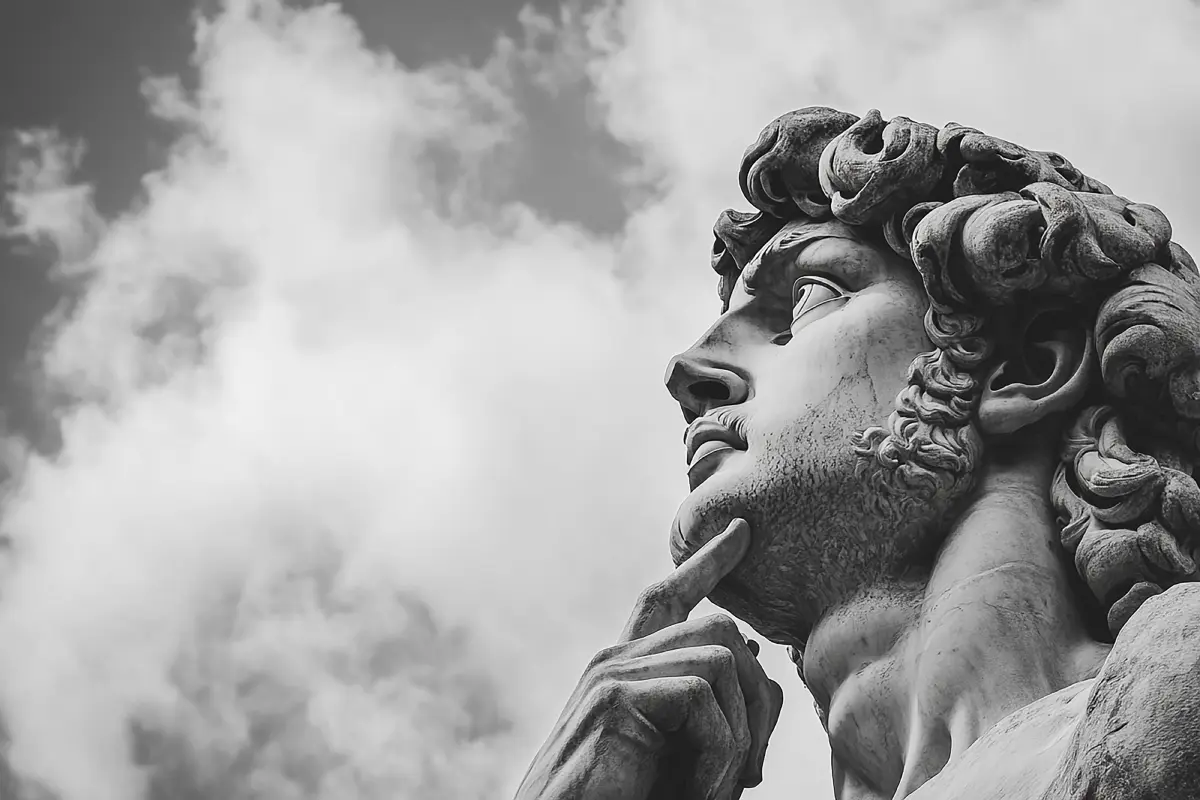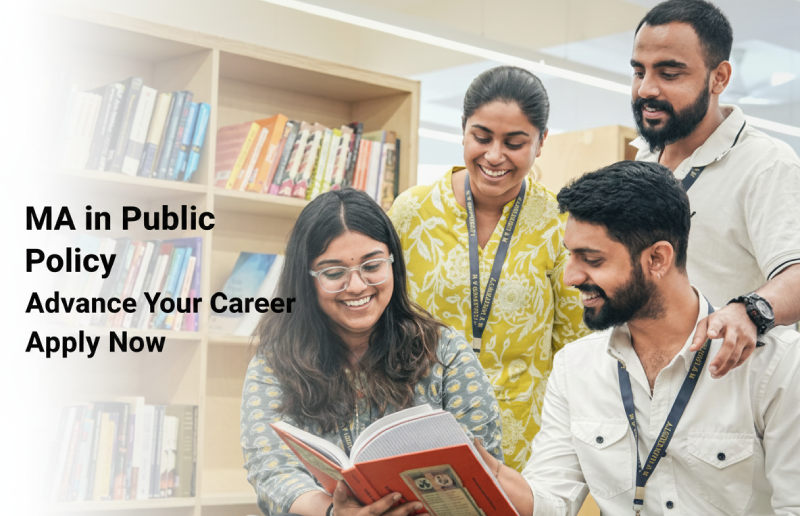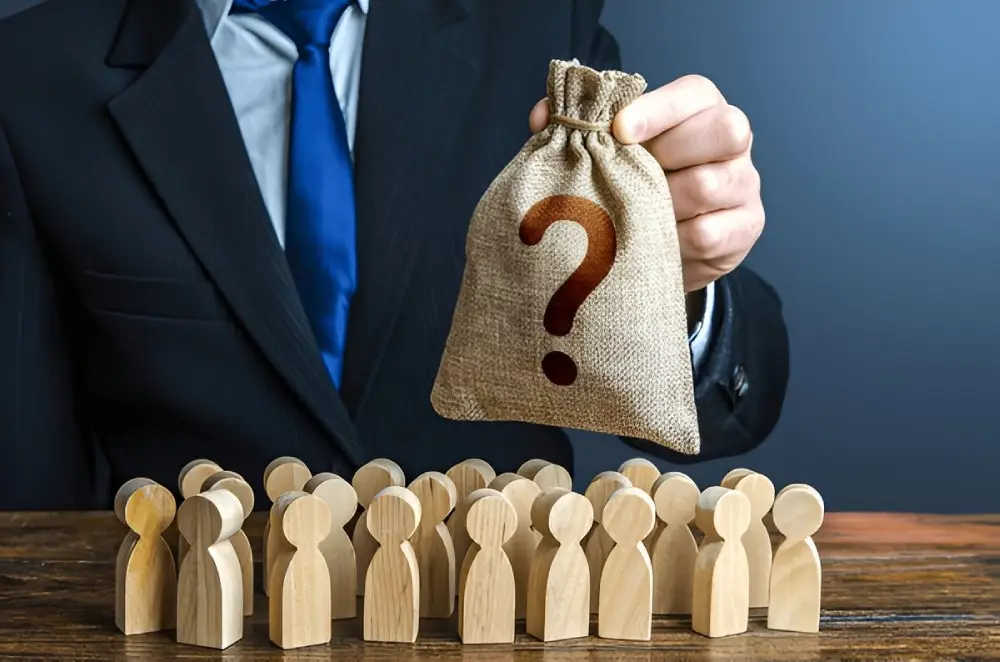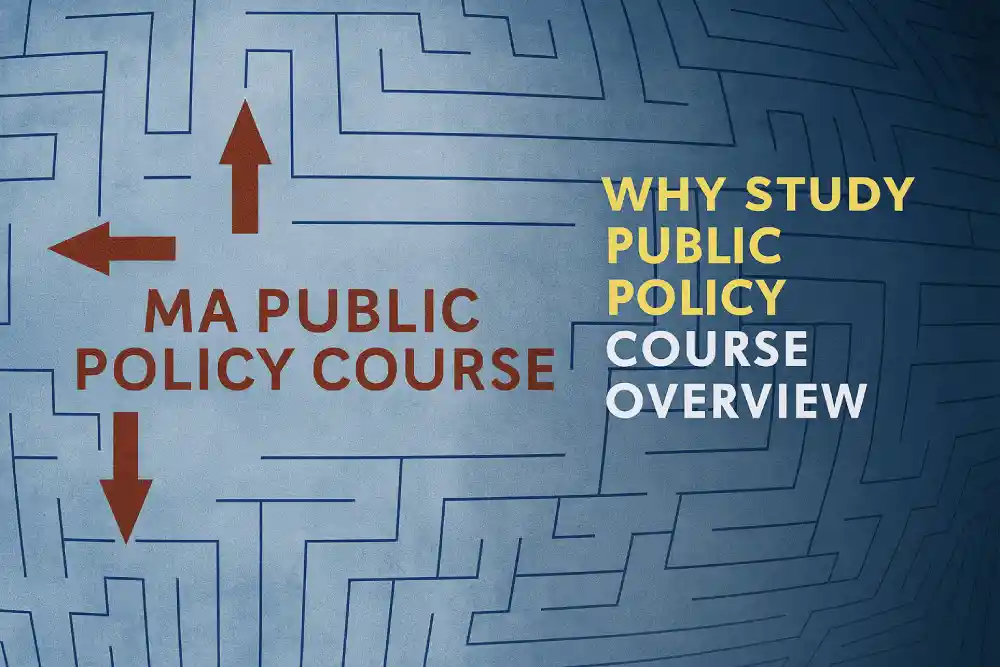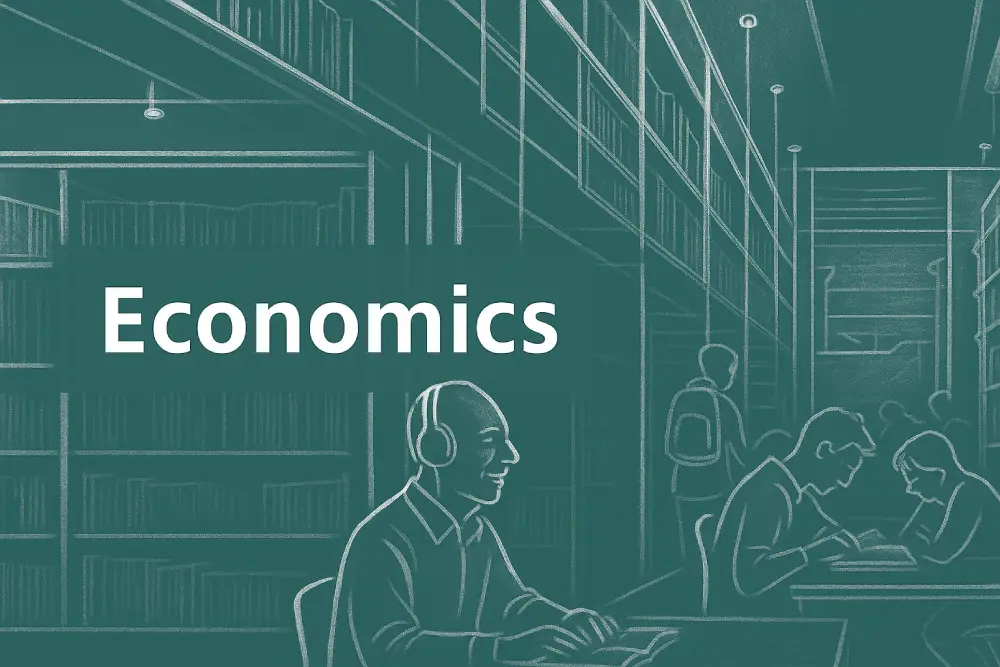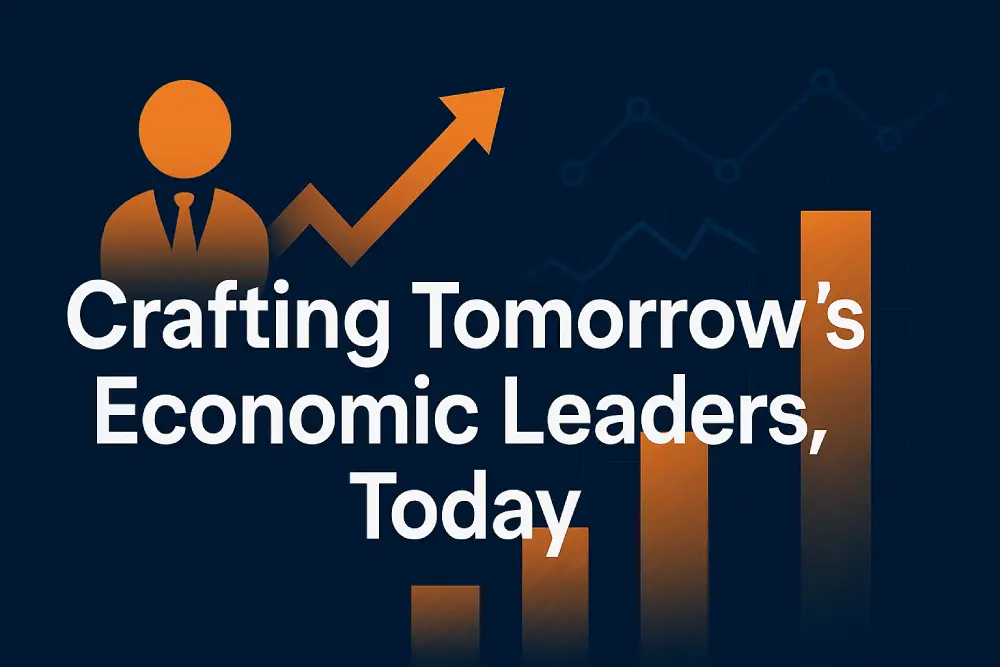Introduction Philosophy is an interesting subject that attempts to understand the world around us and our position in it through a realistic lens. Ancient philosophers like Aristotle, Socrates, Plato, and the emergence of Eastern and Western philosophies have gradually paved the way for Philosophy to become mainstream and critical thinking to be a normalised thing for the modern world. What is Philosophy? Understanding its True Meaning The human conscience allows us to question everything from who, why, what of our existence. These questions are always occurring in the back of the human mind, and Philosophy tries to explain this very human experience and interaction with our surrounding world. Hence, the meaning of philosophy literally translates to ‘love of wisdom’ and begs to question the very foundation of our human condition. What are the Core Concepts Featured in Philosophy Studies? Philosophy deals with different ideologies and questions the human condition with a systematic approach. It inquires into human existence, knowledge, reason, value, culture, and mind, among other things. Hence, the study of philosophy combines various subjects and takes inspiration from numerous ideologies and cultures around the world. The core concepts related to philosophy as an academic discipline are noted below. Metaphysics: To understand the fundamental nature of reality and existence, metaphysics has been introduced. This branch of philosophy deals with the relationship between mind and matter, and other related concepts like time, space, and causality. Epistemology: Epistemology literally translates to the study of knowledge. This branch is concerned with the nature, …
Categories
Introduction India has been at the centre of global attention for its remarkable economic growth, driven by factors ranging from demographic strength to forward-looking government policies. Recently, India’s Minister for Commerce & Industry, Mr. Piyush Goyal, stated that the country is “on track to achieve a $5 trillion economy by 2027,” a remark that has sparked both optimism and debate in India and abroad. His statement comes at a time when the nation is actively working to strengthen its global standing and accelerate its journey toward becoming a developed economy. Explain Public Policy & Governance While politicians and ministers may say whatever suits their narrative to influence the public, the real work to sustain peace and ensure growth is done by the economists, diplomats, etc. Public Policy and Governance is a holistic study to decipher the functionalities of the government machinery, create laws and policies that meet the public's expectations and make the process efficient. Today’s world of politics and governance is mostly modelled around a republican ideology that puts the power back into the hands of the very people to elect representatives who will bring their issues to light. These local representatives have the power to raise public issues to the government and provide plans for policies that promise to deliver an effective solution. Economics & Public Policy: What Impact Does Economics Have on Public Policy? Public policies are planned and executed on several important matters that can improve the lifestyles, infrastructure, healthcare services, and economy of the people. …
Introduction A state or national government carries the vital responsibility of addressing the needs and aspirations of its people. To fulfil these responsibilities, it must rely on capable individuals who can design and implement effective policies for the public good. Public policy, at its core, is driven by the purpose of solving complex social, economic, and political challenges that impact communities and nations. The Master of Public Policy (MAPP) programme empowers students to navigate these dynamic policy environments, both within government and in international organisations, by equipping them with the analytical, strategic, and leadership skills essential for meaningful impact. Define Public Policy Public policy does not have a standardised definition and is stated to be a complex and dynamic system that identifies and aims to resolve problems faced by the public. This is done through the creation of policies and the establishment of reforms to improve the current standards of living. The master's in public policy programme prepares students to identify and address public issues and advocate for change. These policies are made on local, national and international levels to ensure proper implementation in every sector or community. Different Types of Indian Public Policies Public welfare is often referred to be the ultimate goal of public policies. Governmental authorities, along with public representatives and private stakeholders, come together to discuss problems that affect the public. These policies are influenced by diverse interests and considerations and are subject to changes according to the evolving societal needs and circumstances. To study the …
Introduction In the modern world, nation-states and governments are entrusted with managing their citizens by implementing laws, regulations, and policies, as well as creating systems to address societal challenges, distribute resources, and facilitate trade. The MA in Public Policy focuses on the formulation and implementation of these policies, examining how they are designed to address issues affecting the general public. What is Public Policy? Modern-day nations and governments function through local representatives who identify and communicate the issues faced by their communities. Based on these insights, policies are formulated to address public concerns and improve quality of life. Whether to maintain governance or fulfil their mandate, states must develop a range of policies aimed at making life easier for their citizens. The key characteristics of public policies are as follows: Taking notice of challenges and issues faced by the citizens, to create policies with the intention of solving problems. The government holds the ultimate choice to act on a problem or not, and this determines how policies are initially drafted. Made on behalf of the public, these policies tend to resemble laws and regulations to resolve persistent local issues. Policies must be created for the benefit of the masses. Policymaking is a continuous process, as the impact of policies can only be evaluated after implementation, with adjustments made based on feedback and results. Every community has its own set of issues. While some matters are addressed privately or through civil proceedings, others require government intervention through laws and regulations aimed …
From individuals and organisations to national governments, the knowledge of economics helps measure the production, distribution, and consumption of wealth and goods. The Politics, Philosophy, and Economics (PPE) Major is a comprehensive programme that enriches the study of economics with a broader context, enabling students to understand current financial conditions and analyse the evidence behind how we arrived at today’s economic landscape. What is the Meaning of Economics Technically speaking, economics is part of the behavioural and social sciences that keeps track of the production and consumption of goods and services, along with the allocation of these goods and services among its people. Usually, Economics is divided into two branches: macroeconomics and microeconomics. Microeconomics operates on a personal level, concerning individuals and businesses. Whereas, Macroeconomics takes a broader look at nations and governments and deals with issues like inflation, economic growth, national income, unemployment, etc. However, the study of economics is more concerned with the choices and decisions made by individuals or organisations that affect the economy. Therefore, the Politics, Philosophy and Economics Major programme offers an advanced take on the relation between the three disciplines and how they impact the economic decisions of governments, companies, and individuals under a shared economic system. How Economics, Politics & Philosophy are Related? Economics, Politics, and Philosophy are separate disciplines, yet the connection they share is unmistakable, especially in the present scenario. The Politics, Philosophy and Economics Major course is a study that helps understand how any society works, especially in a global …
In the modern state, the economy plays a vital role in projecting the worth of a government or a private entity. The effectiveness of an economic system and its proper functionality of markets are often the most highlighted subjects that help understand the economics of a state from a multidimensional perspective. The economics courses taught at universities pay substantial attention to developing the fundamental blocks of the subject and other related areas of consideration. Economics: Definition & Types Defining economics in simple terms can be challenging. Broadly, it is the scientific study of how supply and demand operates—examining the processes of production, distribution, and consumption, whether under government institutions or private organisations. To meet the needs of a population, both governmental and non-governmental entities manage the collection, production, and distribution of limited global resources, giving rise to various economic systems. These systems differ based on who controls and manages the resources. To understand how these economic systems function, it is essential to first explore the two main branches of economics: macroeconomics and microeconomics. Macroeconomics focuses on the overall growth and development of an economy. It takes a broad view of the entire economic system, studying its behavior and performance. Key areas include economic cycles, foreign trade, unemployment, government fiscal and monetary policies, and interest rates. Economists use macroeconomic models to design effective economic strategies and public policies. Microeconomics examines the behavior of individuals and business entities in making decisions about resource allocation. It analyzes how households, consumers, and firms respond …
Table of Contents The modern society and the structures of nation-states are invariably dependent upon ideologies and disciplines like philosophy, politics and economics, etc. Governments and institutions all rely on these metrics, and there is an intricate play that takes place behind the scenes. The PPE Course is an extension of this discipline that was first made into an academic programme with a degree in the 1920s University of Oxford. Philosophy, Politics, and Economics are three very important disciplines in their own right, and each has a well-balanced programme structure that tackles various facets of the current society. The combined study of Philosophy, Politics, and Economics aims to evoke intellectual sentiments and discussions among future leaders and scholars to change society for a better tomorrow. Define Philosophy, Politics and Economics To start with Philosophy, it is an ancient discipline that constantly asks questions about the reality of the world and the dimensions of human experience. From Eastern to Western Philosophies and the evolution of various thought schools paved the way for great visionaries like Confucius, Buddha, Plato, Immanuel Kant, Karl Marx, Georg Wilhelm Freidrich Hegel, Friedrich Nietzche, Jean-Paul Santre and many more. Politics, on the other hand, is another ideological discipline that inspired the creation of various political systems, theories, policies, relations and the study of this is widely known as Political Science. Economics is a social science that predominantly tackles the production unit, manages distribution and keeps track of the consumption of goods. The study of economics emphasises …
Public policy is an integral part of governance that is predominantly deployed to address issues and concerns of the public. It works as a bridge between the government and the public and helps in expressing the demands of people to the state. Public policy courses provide a fundamental understanding of the social fabric and how governments, states, or non-governmental entities plan for the governance and well-being of the public. Public policy plays a crucial role in recognising the interconnections between various sectors and disciplines, offering insights into a wide range of social, political, and economic issues through both theoretical frameworks and practical applications. Governments, along with other stakeholders, actively engage in shaping public policy by formulating plans, regulations, and laws aimed at serving the public interest. Public Policy: History, Features, & Types Public policy emerged as a system of law that helped ancient rulers to govern civilisations and their subjects. As the nation-states and countries came into being, the governance of the public and the outline of public policy also evolved while staying true to the purpose of doing good for the public. In India, the past of public policy is well-recorded and often glorified with names like Chanakya and pristine world-class universities like Nalanda & Vaishali. From Ashoka to Akbar, every ruler had their individual policy framework that was intended for the convenience of the public. The evolution of public policy and its subsequent framework has come a long way since India's independence, and contemporary policy frameworks have been …
Throughout history, various economic systems have shaped societies and gradually evolved into the modern economies recognised by the international community today. An Honours degree in Economics offers an in-depth study of the different components of economies, how economic systems are conceived and function, and their broader social implications. Understanding the formation and evolution of economic systems is essential before delving into the complexities of modern economics. What is Economy, & Its Relation With Society An economy is a system that manages the production, trade, and consumption of resources within a family, community, industry, or state. Economies vary based on factors such as history, law, culture, geography, and available resources. As a collective system serving the interests of its participants, its decisions, policies, and functions profoundly affect the lives of its people. The relationship between the economy and society is studied in the field of socioeconomics (or social economics). This branch explores the social behaviours of different socioeconomic groups and classes, examining how their economic interactions and decisions influence society. By analysing the factors that shape economic behaviour, socioeconomics helps us understand the diverse impacts of economic activity on various social groups. History Of Economy & The Rise Of Modern Economics Economics is widely recognized as a science that studies and analyzes the processes of production and consumption. Over time, it has evolved significantly through the development of various economic theories. Adam Smith, the Scottish philosopher and economist often hailed as the father of economics, laid the foundation with several key …
Are you someone who is always curious about what drives the economy? Do you question why prices rise, how policies affect our lives, or what shapes global markets? If so, a BA Honours in Economics is your calling. After high school, you must be looking for a degree that not only promises knowledge but also offers a tangible career path. You need clarity on where it can lead you, what kind of opportunities you can expect, and whether it will be worth the investment of your time and effort. The journey to becoming an economist goes beyond attending lectures and passing college exams. It’s about developing a mindset, learning to analyse real-world problems, and discovering how you can make a difference. Economics is the backbone of decision-making, whether it’s in government, businesses, or international organisations. The one of the best BA Economics Universities in India do not just teach you theories, they transform you into a professional who can understand and influence the world of economics. The Growing Demand for Economists Globally Economists play a vital role in shaping policies, driving business strategies, and offering insights into economic trends. With India targeting a $5 trillion economy by 2025, the demand for skilled economists is at an all-time high (NSDC Report). On a global scale, the U.S. Bureau of Labor Statistics predicts a 6% growth in economist roles between 2022 and 2032 (BLS), showcasing a consistent need for economic expertise. Rising Demand in India: Approximately 1.5 lakh economists will be needed …
- 1
- 2


